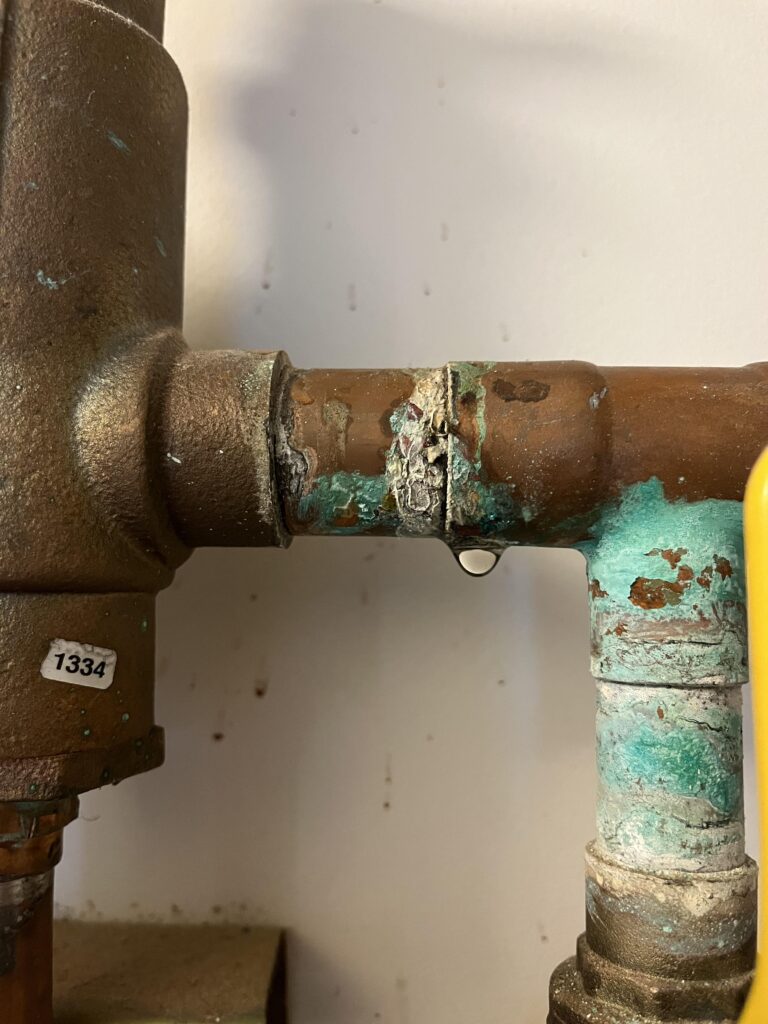
- Home
- Water Testing
- Water Audit
- Pricing
- Our Articles
- The Advantages of Using Filtered Ground Water in Your Home
- How to Save Water in South Africa: Practical Tips for Every Household
- Essential Guide to Water Testing in Cape Town: Is Your Water Safe?
- Why & How To Cover Your Back When It Comes To Your Water Quality
- SA Water Crisis
- Managing Effluent Water Testing
- SANS 241 Water Testing
- Why pH Isn’t Enough: The Hidden Danger Lurking in Your Water
- Businesses Need To Test Their Water
- Why You Need To Test Your Council Water
- Why Water Testing Is So Important
- Businesses Need A Water Audit
- It Is Vital To Maintain Your Filtration System
- Water Testing For Corrosive Water
- Contact Us
Why pH Isn’t Enough: The Hidden Danger Lurking in Your Water
When it comes to water quality, most people obsess over one number: pH. It’s the go-to metric, printed on every bottle, tested in every pool, and discussed in every water treatment conversation.
But here’s the truth—focusing only on pH is like checking your car’s fuel level and ignoring the engine oil. You might be fine for a while, but eventually, something’s going to break.
What Is the Langalier Index?
The Langalier Saturation Index (LSI) is a scientific formula used to predict the corrosive or scaling potential of water. It considers multiple factors—not just pH, but also alkalinity, calcium hardness, temperature, and total dissolved solids. In simple terms, it tells you whether your water will eat away at your pipes or leave behind mineral deposits.
Negative LSI: Water is corrosive. It will slowly destroy plumbing, fittings, geysers, and appliances.
Positive LSI: Water is scaling. It leaves mineral buildup, which can clog pipes and reduce efficiency
Balanced LSI: Water is stable. It won’t corrode or scale—this is the sweet spot.

Why Most People Don’t Know About It
Despite its importance, the Langalier Index remains a mystery to most homeowners. Why? Because pH is easier to test, easier to understand, and more widely marketed. But here’s the catch: water with a “normal” pH can still be highly corrosive if alkalinity and hardness are too low.
This oversight is especially common in areas with soft water. Soft water feels great on your skin, but it often lacks the minerals needed to protect your plumbing. Combine that with low alkalinity, and you’ve got a recipe for disaster.
The Real-World Impact of Ignoring LSI
Corrosive water doesn’t just damage your pipes—it affects everything:
Drinking water: May taste metallic or unpleasant.
Car washing: Can leave spots, streaks, or even damage paint.
Gardening: Plants may suffer from mineral imbalances.
Swimming pools: Can erode pool surfaces and equipment.
Appliances: Dishwashers, washing machines, and geysers wear out faster.
And the worst part? The damage is irreversible. Replacing corroded plumbing and appliances can cost well over R100,000. That’s a steep price for something that could’ve been prevented.
The Easy Fix
Here’s the good news: preventing corrosive water damage is simple. At SANS Water, we recommend:
Test your water properly—not just for pH, but for alkalinity, hardness, and LSI.
Balance your water chemistry—adjust minerals to achieve a neutral Langalier Index.
Install protective systems—like remineralizers or corrosion inhibitors if needed.
With the right approach, you can protect your home, your health, and your wallet.
Final Thoughts
So next time someone asks about your water quality, don’t just say “the pH is fine.” Ask the real question: What is the Langalier Index? Because when it comes to water, balance isn’t just better—it’s essential.
Want help testing your water or understanding your LSI score? Reach out to SANS Water. We’re here to make sure your water works for you—not against you.